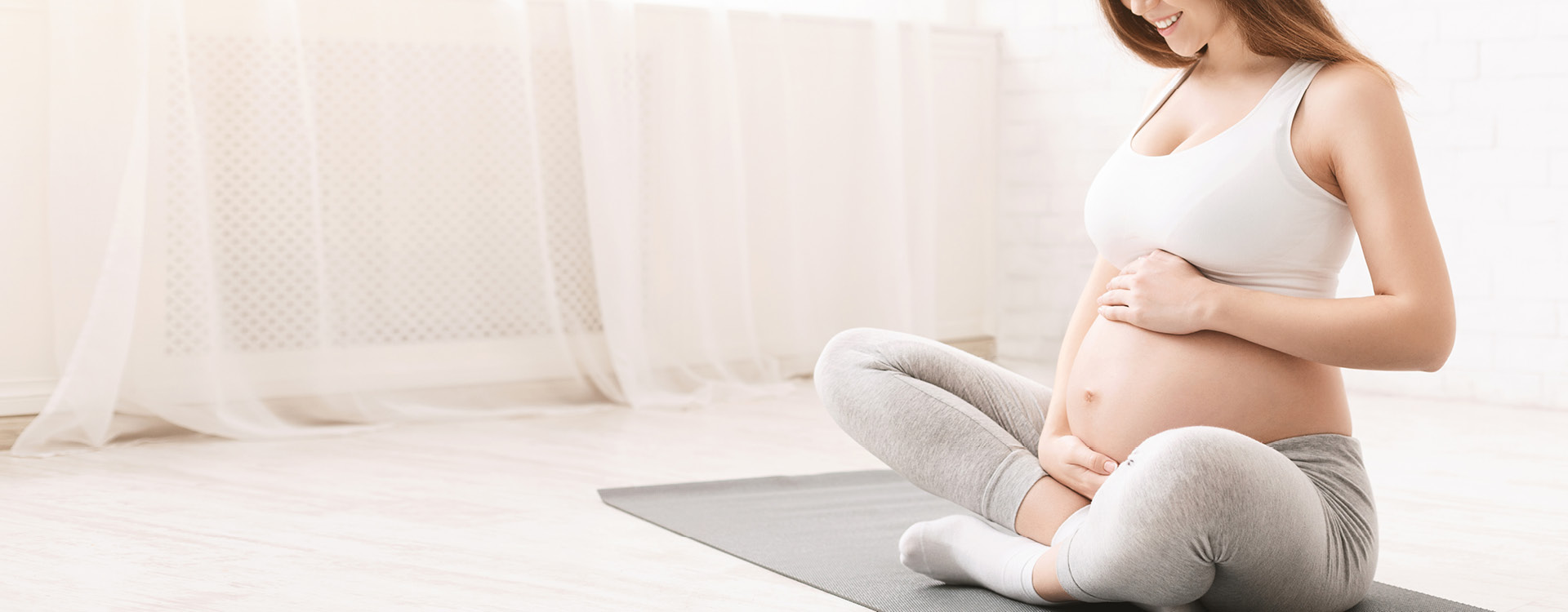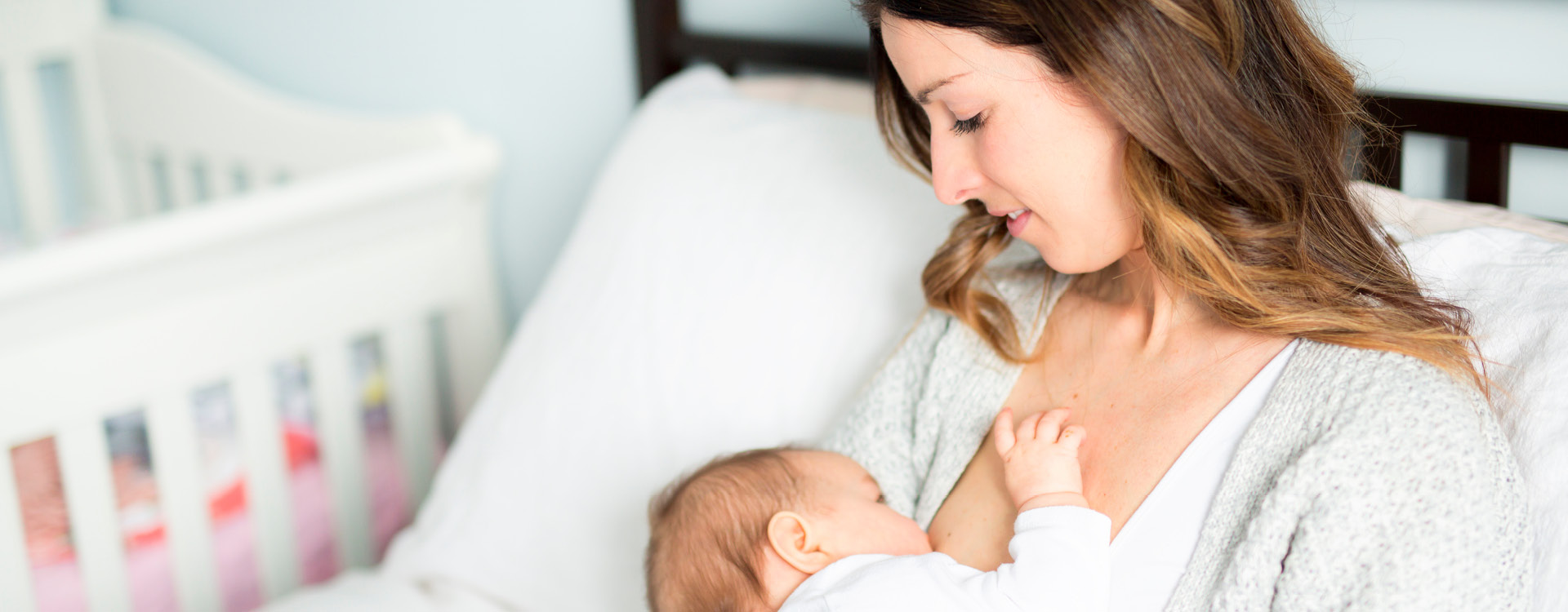Becoming a parent is a life-changing event, and it's only natural to want to take some time off to prepare for the arrival of your little one. One of the popular ways to do this is by taking a babymoon. But what is a babymoon, and when is the best time to take one? Let's explore these questions in more detail.
What Is a Babymoon?
A babymoon is a relaxing vacation that expectant parents take before the arrival of their baby. It's an opportunity for parents-to-be to enjoy some quality time together and celebrate their love before their little one arrives. Think of it as a final hurrah before the chaos of parenthood sets in.
A babymoon can vary depending on who you ask. Some people may choose to travel to exotic destinations, while others may opt for a cozy staycation. The important thing is to focus on relaxing, bonding, and enjoying each other's company before the baby comes. This is your time together, and while you will likely know the best way to spend it, these guidelines are here to help.
When to Take a Babymoon
It's best to plan your babymoon for the second trimester, ideally between 14 and 28 weeks. This way, you're not too far along to travel comfortably, and you're not risking going into labor in a foreign country, if you were to travel abroad.
That said, you can still technically go on your babymoon at any point during your pregnancy, including the first or third trimester, based on your schedule, overall health, and the distance to the destination.
First Trimester
The first trimester can be challenging for many women, as they may experience morning sickness, fatigue, and other pregnancy-related symptoms. If you're one of the lucky ones that are feeling well, this can be an excellent time to go on a babymoon, as you may not have any travel restrictions yet. However, it's important to check with your healthcare provider first and make sure that it's safe for you to travel.
Second Trimester
The second trimester is often considered the best time to go on a babymoon. By this point, most women have passed the worst of their pregnancy symptoms, and they're not yet too far along to travel. Additionally, your baby bump is starting to show, and you may want to take advantage of the opportunity to relax and pamper yourself before the final stretch of your pregnancy. Just be sure that you schedule around any critical appointments needed with your care provider and you’re good to go.
Third Trimester
The third trimester can be a challenging time for travel, as you may experience more discomfort and fatigue. However, some women still choose to go on a babymoon during this time, especially if they have a low-risk pregnancy and their healthcare provider approves. If you decide to go on a babymoon during the third trimester, it's important to plan your trip carefully and choose a destination that's safe and comfortable for you.
When Is It Too Late to Take a Babymoon?
While the second trimester is often considered the best time for a babymoon, it's not necessarily too late to take one in the third trimester. However, it's essential to consider the potential risks of traveling during this time, including fatigue, discomfort, and an increased risk of preterm labor. You may also want to consider taking a staycation or a shorter trip if you're worried about the potential risks of traveling.
Should you elect to travel, choose a destination that's safe and comfortable for you. You may want to avoid destinations that require long flights, extensive travel, or vaccinations. It's also essential to research the quality of healthcare in your destination and make sure that it meets your needs.
What Should You Do on a Babymoon?
A babymoon is all about relaxation and spending quality time with your partner. Babymoons can be as lavish or as low-key as you want them to be. It's important to set a budget for your babymoon and choose a destination and activities that fit within your means. You may want to consider a staycation or a nearby destination if you're on a tight budget.
Here are some high-level and simple ideas of things you can do on a babymoon:
- Take a spa day and pamper yourselves with massages, facials, and other treatments.
- Go for a romantic dinner at a fancy restaurant.
- Take a leisurely stroll through a park or botanical garden.
- Go on a scenic drive and take in the beautiful views.
- Visit a nearby museum or art exhibit.
- Watch a movie or read a book together.
- Go on a picnic or have a beach day.
- Take a cooking class or try out new restaurants and cuisine.
Remember, the goal of a babymoon is to enjoy each other's company and create lasting memories before the arrival of your baby.
How Do You Prepare for a Babymoon?
Preparing for a babymoon can be an exciting and enjoyable experience. Here are some tips to help you plan and prepare for your babymoon:
- Talk to your healthcare provider first: It's important to talk to your healthcare provider before planning any travel during pregnancy, especially if you have a high-risk pregnancy or any medical conditions that could impact your travel plans. Know your blood type and make sure you have virtual access to your medical records.
- Choose a destination that's safe and comfortable: Consider your due date, your travel preferences, and any travel restrictions when choosing a destination for your babymoon. Research the quality of healthcare in your destination, and make sure it meets your needs.
- Plan ahead and pack smart: Plan your itinerary and pack your bags in advance to avoid any last-minute stress. Make sure to pack comfortable clothing, good walking shoes, any necessary supplements or medication, a water bottle, and any other items that may make your trip more comfortable.
- Stay hydrated and take breaks: Pregnancy can be exhausting, so make sure to stay hydrated and take plenty of breaks during your travels. Don't overexert yourself and listen to your body if you need to slow down or take a break. Keep your feet elevated when you have an opportunity and take time to stretch throughout the day.
- Avoid catching the latest bug: Wash your hands routinely and bring hand sanitizer or hand sanitizing wipes. Avoid touching your face, nose and mouth.
- Bring healthy snacks: Healthy, convenient snacks for the plane or car ride can help keep you nourished. Don’t count on restaurants being open when you arrive, you could find yourself hungry — and you need those calories!
- Don’t drink the water in foreign countries: Avoid tap water and ice in your drinks in areas of risk. It is wise to avoid uncooked fruits and vegetables — especially from open markets.
- Consider travel insurance: Unexpected events can happen during travel, so it's a good idea to consider purchasing travel insurance to protect your investment and give you peace of mind.
- Avoid the airport scanner: Take the shorter line for a pat down if you are flying. Talk to the Transportation Security Administration at the airport and let them know you are expecting and do not want the additional risk of radiation. Evidence is lacking on the long-term safety of Advanced Imaging Technology Scanners that airports frequently use for security. Metal detectors should be ok.
The Bottom Line
A babymoon can be a wonderful way to celebrate your love and prepare for the arrival of your little one. Whether you choose to travel to an exotic destination or stay close to home, make sure to plan ahead, choose a safe and comfortable destination, take lots of pictures, and focus on relaxing and enjoying each other's company. Have the time of your life!
Some Decisions Are Better Made Early
Before you travel you may want to consider enrolling in cord blood banking. Having your collection kit waiting at home for you when you return will give you peace of mind.
Make sure you enroll with a reputable and ethical cord blood bank like MiracleCord. If you are unfamiliar with how the benefits of cord blood banking can help your growing family, request our Free Info Kit or call 888.743.2673 today.
DISCLAIMER: THE INFORMATION ON THIS WEBSITE IS NOT INTENDED TO BE USED AS MEDICAL ADVICE.The materials and information contained on the MiracleCord website is provided for educational and informational purposes only, and is not intended to, and does not constitute, medical or other health advice or diagnosis, and should not be used as such. You should not use this information to diagnose or treat a health problem or disease. If you are seeking personal medical advice, you should consult with a licensed physician. Always consult with a qualified health care provider regarding a medical condition.




